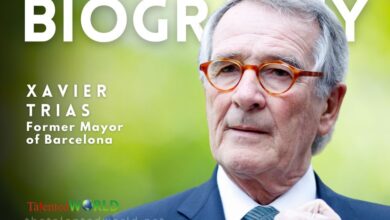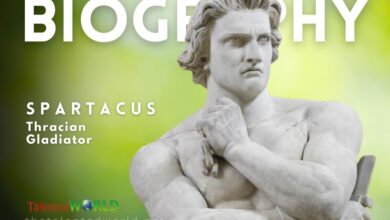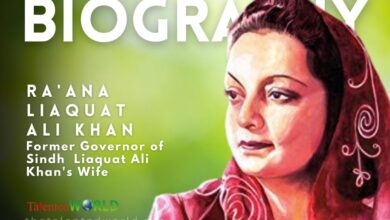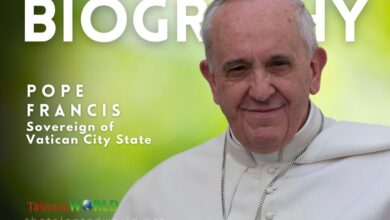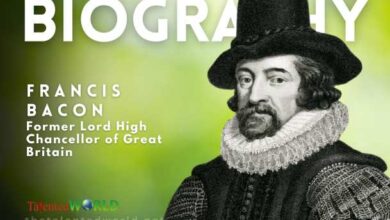| Full Name | Winston Leonard Spencer Churchill |
| Date of Birth | November 30, 1874 |
| Place of Birth | Blenheim Palace, Oxfordshire, England |
| Date of Death | January 24, 1965 |
| Place of Death | London, England |
| Resting Place | St Martin’s Church, Bladon, Oxfordshire |
| Nationality | British |
| Political Parties | Conservative (1900–1904, 1924–1964), Liberal (1904–1924) |
| Spouse | Clementine Hozier (m. 1908) |
| Children | Diana, Randolph, Sarah, and Mary |
| Parents | Lord Randolph Churchill and Jennie Jerome |
| Education | Harrow School; Royal Military College, Sandhurst |
| Occupation | Statesman, soldier, writer, historian, painter |
| Prime Minister of the UK | First term: May 10, 1940 – July 26, 1945; Second term: October 26, 1951 – April 5, 1955 |
| Military Service | British Army, Territorial Army |
| Military Rank | Lieutenant Colonel |
| Military Units | 4th Queen’s Own Hussars, Malakand Field Force, 21st Lancers, South African Light Horse, Queen’s Own Oxfordshire Hussars, Grenadier Guards, Royal Scots Fusiliers |
| Notable Battles/Wars | North-West Frontier, Mahdist War, Second Boer War, First World War |
| Awards | Nobel Prize in Literature (1953), numerous military and civilian honors |
| Known For | Leadership during WWII, speeches, books, political career |
| Major Books | “The Second World War”, “A History of the English-Speaking Peoples” |
| Signature |  |
| Key Roles | President of the Board of Trade, Home Secretary, First Lord of the Admiralty, Chancellor of the Exchequer, Secretary of State for War, and Air, among others |
| Significant Events | Gallipoli campaign, World War II leadership, Iron Curtain speech |
| Legacy | Considered one of the greatest wartime leaders, instrumental in the Allied victory in WWII, and promoter of European unity and democracy |


